 |
| Gilbert & Sullivan: The Gondoliers - Dan Shelvey, Catriona Hewitson, Yvonne Howard and Richard Suart - Scottish Opera (Photo James Glossop. |
Gilbert & Sullivan The Gondoliers; Richard Suart, Yvonne Howard, Ben McAteer, William Morgan, Mark Nathan, Charlie Drummond, Sioned Gwen Davies, Catriona Hewitson, Dan Shelvey, dir: Stuart Maunder, cond: Derek Clark; Scottish Opera at the Hackney Empire Reviewed by Robert Hugill on 30 March 2022 Star rating: (★★★★)
Charm & delight to the fore with a largely youthful cast for Scottish Opera's visit to London
Scottish Opera is currently making a welcome visit to London, performing two operettas by Gilbert and Sullivan (one popular, the other rare). We caught Scottish Opera in Stuart Maunder's production Gilbert and Sullivan's The Gondoliers at the Hackney Empire on 30 March 2022. Derek Clark conducted with Richard Suart and Yvonne Howard as the Duke and Duchess of Plaza Toro, Ben McAteer as Don Alhambra del Bolero, William Morgan and Mark Nathan in the title roles, with Charlie Drummond and Sioned Gwen Davies as their beloveds, Catriona Hewitson as Casilda and Dan Shelvey as Luiz. Designs were by Dick Bird, lighting by Paul Keogan, and choreography by Isabel Baquero.
As a co-production with D'Oyly Carte Opera and State Opera South Australia, Dick Bird's sets and costumes were perhaps rather more luxurious than we often have with Gilbert and Sullivan operas. The opera is the final of Gilbert and Sullivan's regularly performed operas, afterwards came the 'carpet quarrel' and the two final works, The Grand Duke and Utopia Limited, neither of which are regularly performed (though Scottish Opera gives a concert staging of Utopia Limited at the Hackney Empire on 1/4/2022). But, even in The Gondoliers Gilbert was trying to vary the formula and the work comes with a deliberately large cast, rather than a few major roles, and effectively two story-lines which only properly intersect two thirds of the way through the opera. Gilbert's satire here is relatively gentle, and neither his skit on a Republican monarchy nor the Duke's turning himself into a limited company are quite developed enough. What the opera does have is tunes galore, and it is this aspect along with the attractive Venetian setting, that makes it so popular in the UK (and also high on the list of opera companies wanting to perform G&S).
.JPG) |
| Gilbert & Sullivan: The Gondoliers - Mark Nathan, William Morgan - Scottish Opera (Photo James Glossop. |
Maunder and Bird took an entirely traditional view of the work, treating it seriously and never sending it up. The cast was an admirable mix of season professionals and young artists, including one current Scottish Opera Emerging Artist (Catriona Hewitson) and five former members of the scheme. The Hackney Empire was perhaps not the ideal theatre for the show, being somewhat larger than the company's Glasgow home, but all concerned filled the theatre with music and joy.



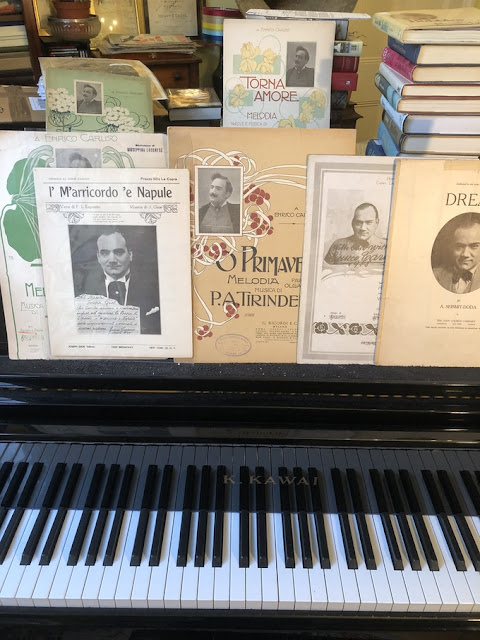

.jpg)
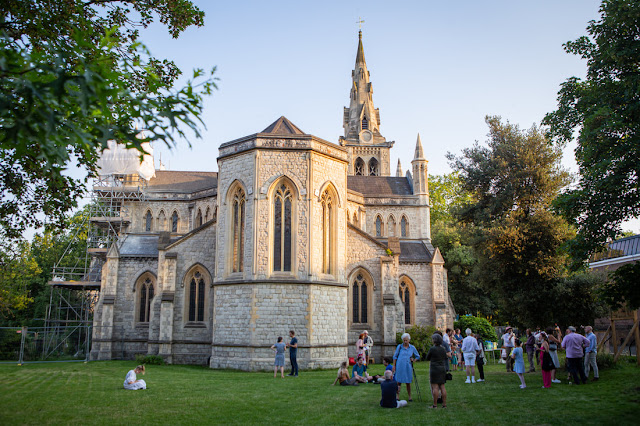




%20in%20Irish%20National%20Opera's%20La%20Boh%C3%A8me.%20Image,%20Ros%20Kavanagh.jpg)

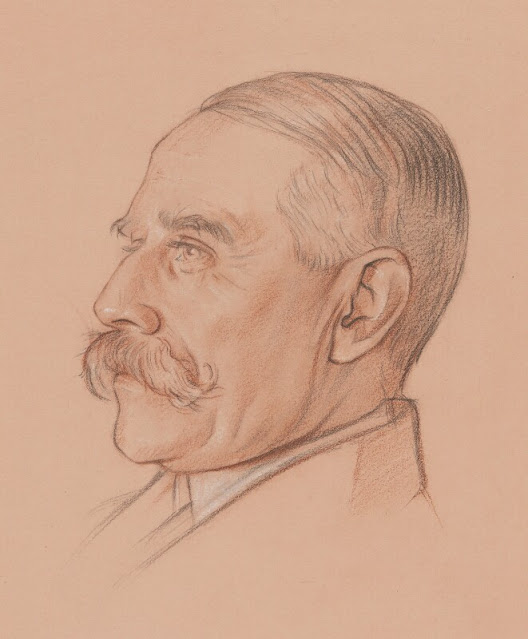
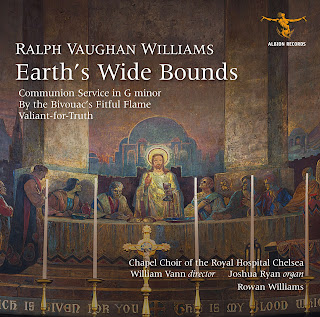

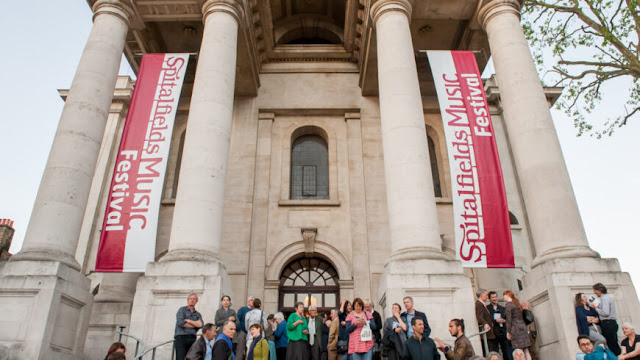



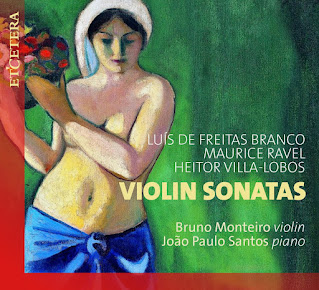


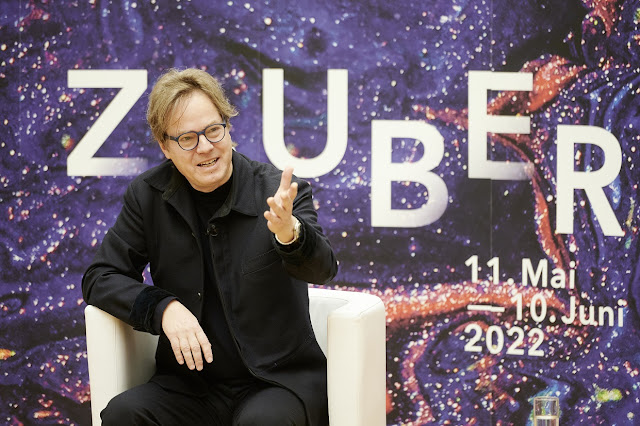
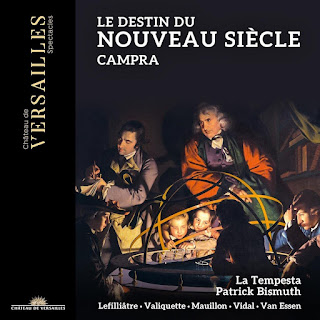

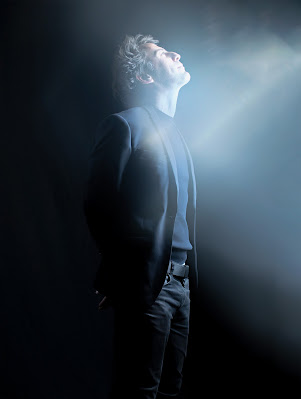
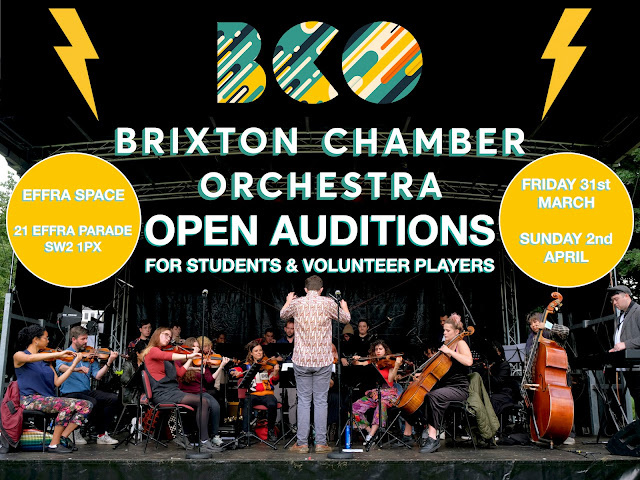





%20as%20Leporello%20and%20Erik%20Tofte%20(back%20to%20camera%20in%20garnet%20shirt)%20as%20Giovanni%20-%20Don%20Giovanni.jpg)



